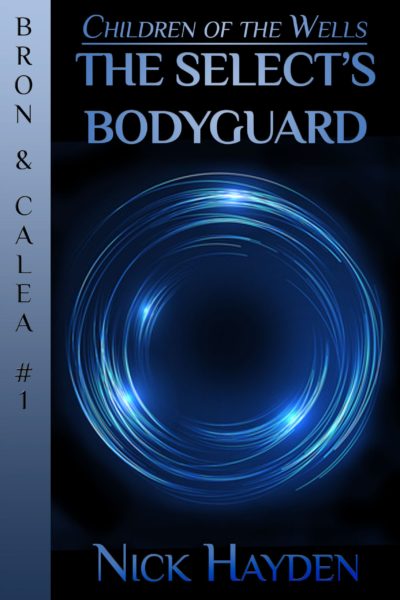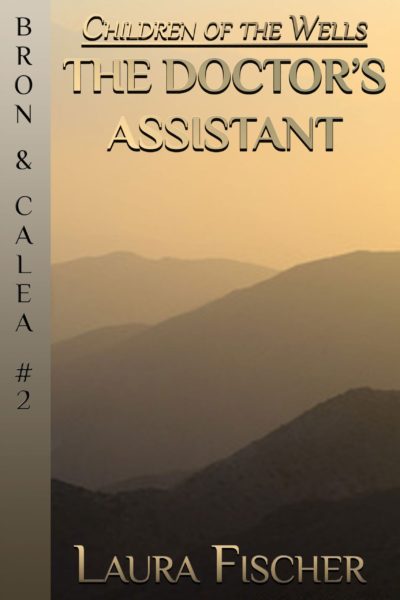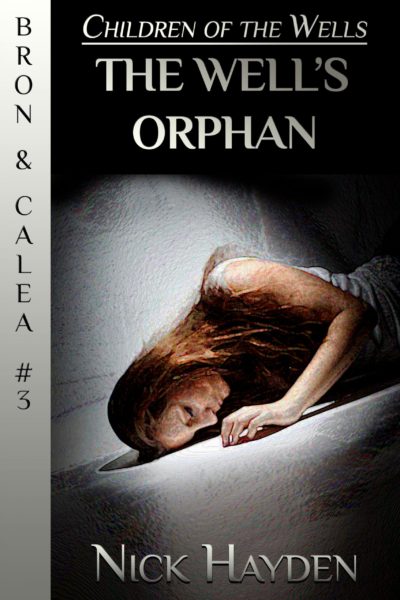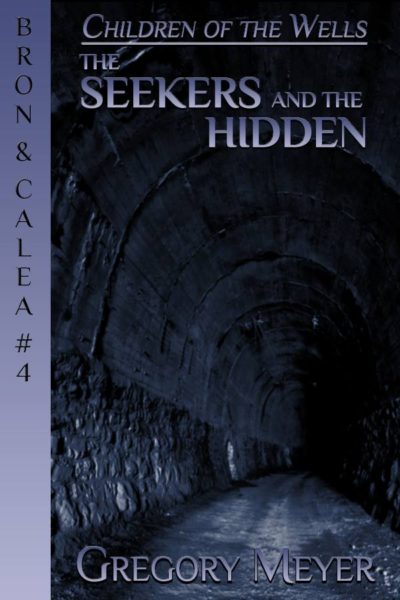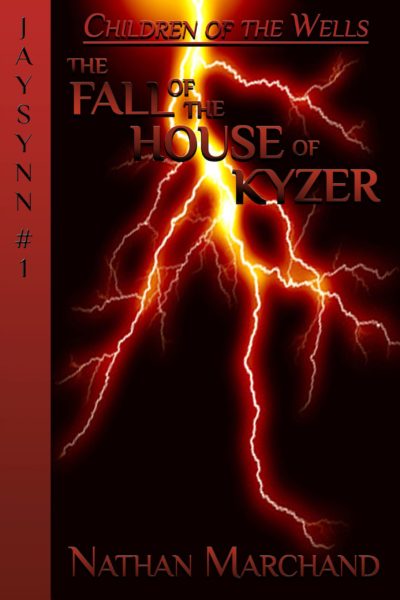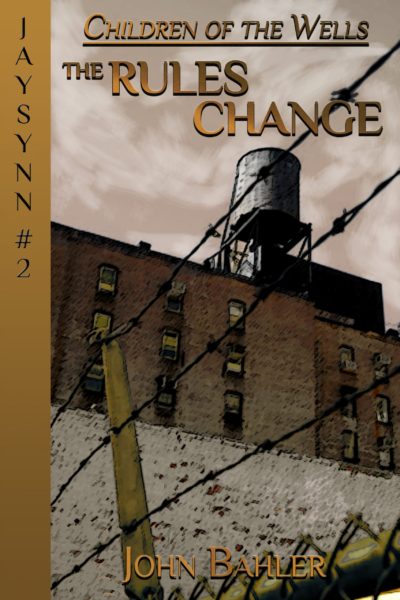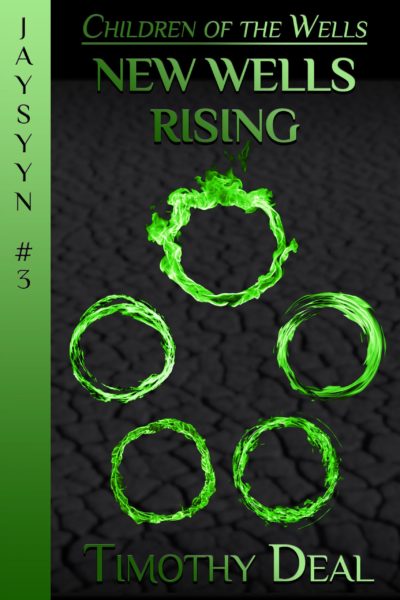By Timothy Deal
January 10, 2013
Sometimes I worry our culture completely misses the point of some stories while fixating on some random quirk. The Lord of the Rings becomes about that cute elf Legolas. Insightful, dystopian YA fiction like The Hunger Games turns into the very media spectacle the book is critiquing.
Or even more recently, the wrong song in a musical gets all the attention. See, I’m a bit conflicted about “Let it Go” becoming the breakout hit song from Frozen. It’s receiving critical acclaim, early movie award buzz, and seems to be the most talked-about song from the movie around the interwebs. (Spoilers aplenty ahead.)
 On the one hand, I get it. It’s a beautifully produced song sequence in the film, with fantastic vocals from Broadway singer Idina Menzel and gorgeous Disney animation at its CG best. Plus, it’s a great character moment: as Elsa sings and experiments with her powers, she goes from feeling despondently alone to relieved, empowered, and gloriously free. Her emotional journey is completely understandable and relatable.
On the one hand, I get it. It’s a beautifully produced song sequence in the film, with fantastic vocals from Broadway singer Idina Menzel and gorgeous Disney animation at its CG best. Plus, it’s a great character moment: as Elsa sings and experiments with her powers, she goes from feeling despondently alone to relieved, empowered, and gloriously free. Her emotional journey is completely understandable and relatable.
Yet…when you think about it, it’s really kind of a bittersweet moment. Yes, Elsa is finally free of having to hide her abilities, but she hasn’t really dealt with the consequences yet. She sings,
“Let the storm rage on, the cold never bothered me anyway.”
But clearly the cold is bothering other people, namely her entire kingdom. And it’s not a matter of just “what they’re going to say”; Elsa is actually endangering people’s lives until she figures out a way to control her abilities.
To the film’s credit, Elsa doesn’t know that she’s endangering everyone else yet, and when she does find out, she’s horrified. In that moment — the sisters’ dramatic duet “For The First Time in Forever (Reprise)” — the filmmakers subvert two clichés: 1) Elsa didn’t say “screw those poor unfortunate souls; I’m gonna keep freezing stuff” and become a villain. 2) Elsa’s journey didn’t end with “Just be yourself.” There were consequences for Elsa “letting it go,” and she and Anna have to deal with those consequences for the rest of the movie.
So while I enjoy “Let it Go” for its place within Frozen, it represents a naive moment for Elsa. It’s not Elsa’s greatest moment, though it sort of feels like it given the grand spectacle they make out of it. Arguably, more time and another song (even if just a reprise) should have been given for what is actually a heroic moment for Elsa: when she masters her own abilities and saves her people.
Maybe I’m overthinking this, but giving “Let it Go” all the attention feels like it’s undercutting a nobler message. While accepting yourself is important, giving of yourself is even more so.
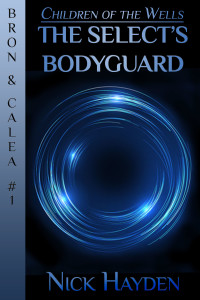
Don't miss a single word of stories as they are published! You'll also receive first notice of special sales and behind-the-scenes information.

